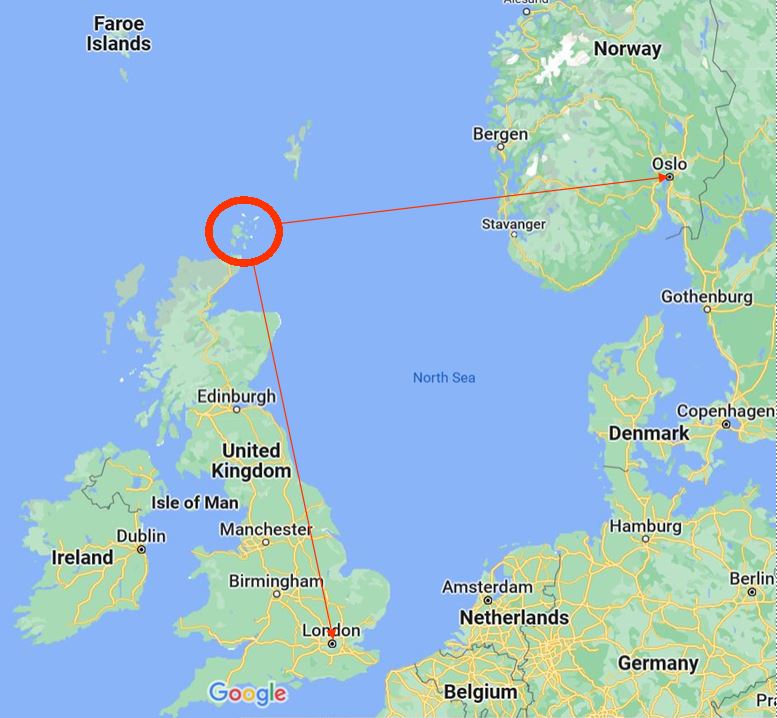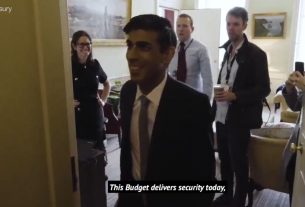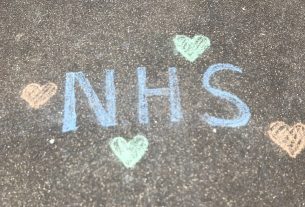Orkney Islands council is exploring the possibility of leaving the UK and joining Norway because islanders believe they have been “failed dreadfully” by both Westminster and Holyrood.
“Alternative forms of government” will be discussed by the council on Tuesday which is also considering changing its legal status to a crown dependency and possible tax haven.
Council leader James Stockan said the islands have not received a fair share of funding from government and is thereby entitled to explore options on its governance.
“We are really struggling at the moment,” said Stockan, explicitly commenting on problems with outdated ferries and the financial support provided for them.
“And the funding we get from the Scottish Government is significantly less per head than Shetland and the Western Isles to run the same services – we can’t go on as we are.”
Stockan’s motion to the council is for Orkney to explore its “Nordic connections” and other structures of governance similar to offshore tax havens such as the Channel Islands and Isle of Man. The Danish self governing Faroe Islands are also referenced in the report, as too the British overseas territory Falkland Islands.
Orkney – which bills itself as “a land of opportunity forged by 5,000 years of unique history” – is an archipelago of “70 or so islands, 59 degrees north, nearly six hundred miles of coastline and a population of around 21,500”. It has “one of the highest concentrations of ancient sites in Europe” and is “immensely proud” of its heritage “with the legacy of a sophisticated Neolithic people, a fierce, yet cultured, Viking society, and the islands’ vital part in two global conflicts all still visible, accessible and, in many cases, tangible.”
The islands are geographically closer to Oslo than London and for centuries were under Norwegian and Danish control – until a royal wedding in 1472 joined them to Scotland as the Danish dowry paid to King James III of Scotland.
“We were part of the Norse kingdom for much longer than we were part of the United Kingdom,” said Stockan.
“On the street in Orkney, people come up and say to me: when are we going to pay back the dowry? When are we going back to Norway? There is a huge affinity and a huge, deep cultural relationship there. This is exactly the moment to explore what is possible.”
Stockan said the funding per capita for Orkney islanders is less than that for Shetland and the Western Isles and that they have been “failed dreadfully” by governments in London and Edinburgh.
Tuesday’s council debate is a first step towards alternative governance which, the report submitted to the council says, will require petitions, referendums and legislation from the UK and Scottish governments to progress.
“The council will decide whether it supports this motion and from there we will take our time, because we don’t want to do this emotionally,” Stockan told BBC Scotland.
“We want to look at all the practical implications and then we’ll evaluate the results.
“We are looking for the very best position for future generations and our place in the world.”
Liberal Democrat MSP for Orkney Liam McArthur said “similar proposals” to those that will be discussed on Tuesday were considered by Orkney Islands council around the time of the last independence referendum.
“Locally, I think islanders will also want to be reassured that this exercise won’t result in council resources being taken away from the day-to-day running of services at a time when these are under real pressure,” said McArthur.




